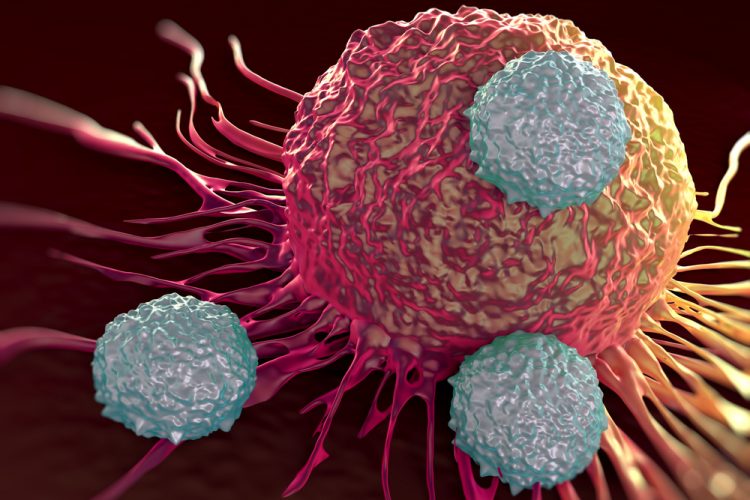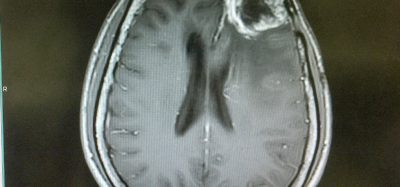New AI method could aid in development of T cell-based cancer therapies
Posted: 24 September 2021 | Anna Begley (Drug Target Review) | No comments yet
An artificial intelligence technique can identify which neoantigens are recognised by the immune system, possibly improving cancer prognosis and treatment.


A team at the University of Texas (UT) Southwestern, US, have developed an artificial intelligence (AI) technique that can identify which cell surface peptides produced by neoantigens are recognised by the immune system. The method, known as the pMTnet technique, could lead to new ways to predict cancer prognosis and potential responsiveness to immunotherapies which may help develop treatments such as cancer vaccines and T-cell based therapies.
“For the immune system, the presence of neoantigens is one of the biggest differences between normal and tumour cells,” explained Tianshi Lu, first co-author. “If we can figure out which neoantigens stimulate an immune response, then we may be able to use this knowledge in a variety of different ways to fight cancer.”
The team trained a deep learning-based algorithm that they named pMTnet using data from known binding or non-binding combinations of three different components: neoantigens; major histocompatibility complexes (MHCs) that present neoantigens on cancer cell surfaces; and the T cell receptors (TCRs) responsible for recognising the neoantigen-MHC complexes. They then tested the algorithm against a dataset developed from 30 different studies that had experimentally identified binding or non-binding neoantigen T-cell receptor pairs. The experiment showed that the new algorithms had a high level of accuracy.
Automation now plays a central role in discovery. From self-driving laboratories to real-time bioprocessing
This report explores how data-driven systems improve reproducibility, speed decisions and make scale achievable across research and development.
Inside the report:
- Advance discovery through miniaturised, high-throughput and animal-free systems
- Integrate AI, robotics and analytics to speed decision-making
- Streamline cell therapy and bioprocess QC for scale and compliance
- And more!
This report unlocks perspectives that show how automation is changing the scale and quality of discovery. The result is faster insight, stronger data and better science – access your free copy today
The researchers used this new tool to gather insights on neoantigens catalogued in The Cancer Genome Atlas, a public database that holds information from more than 11,000 primary tumours. pMTnet showed that neoantigens generally trigger a stronger immune response compared with tumour-associated antigens. It also predicted which patients had better responses to immune checkpoint blockade therapies and had better overall survival rates.
“As an immunologist, the most significant hurdle currently facing immunotherapy is the ability to determine which antigens are recognised by which T cells in order to leverage these pairings for therapeutic purposes,” commented corresponding author Alexandre Reuben. “pMTnet outperforms its current alternatives and brings us significantly closer to this objective.”
The study was published in Nature Machine Intelligence.
Related topics
Artificial Intelligence, Immuno-oncology, Immunotherapy, Informatics, Oncology, Small Molecules, T cells, Technology
Related conditions
Cancer
Related organisations
University of Texas Southwestern (UT Southwestern)
Related people
Alexandre Reuben, Tianshi Lu








